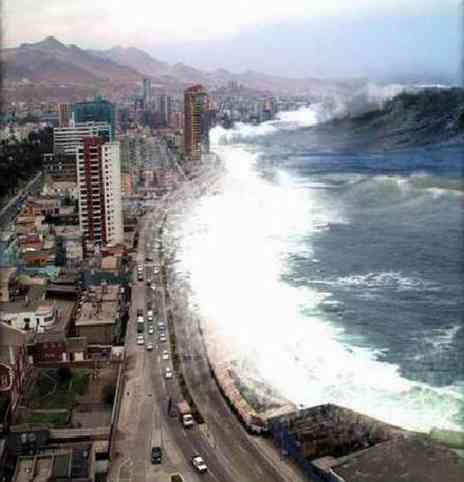
BEIJING, April 16 (Xinhuanet) -- So what do you think, will those who scoff at scientific proof global warming is harming the Earth's Arctic region listen to the people who have to live -- and die -- with its impact on their environment and culture?
Will they listen to Will Steger, a 62-year-old Minnesotan who has witnessed the effects during his 43 years of travel and living with the indigenous people of the Arctic?
"This is really ground zero for global warming," said Will Steger, speaking by satellite phone from a small Inuit village near Iqaluit about 200 miles south of the Arctic Circle. "This is where a culture has lived for 5,000 years, relying on a very delicate, interconnected ecosystem and, one by one, small pegs of that ecosystem are being pulled out."
Steger made the first journey to the North Pole by dogsled without resupply in 1986. He is now sledding with Inuit guides for three months across Baffin Island, the northeastern corner of Nunavut, with two teams of huskies and a cameraman.
He is charting his 1,200-mile adventure on his website, and making a documentary about how Inuit hunters are being forced to adapt to a warming Arctic Ocean and melting polar ice cap. In June, he will testify before a U.S. Senate committee on climate change.
Steger said hunters he meets are describing creatures they have no words for in their language, such as robins, finches and dolphins. He said hunters are falling through thinning ice and dying.
"All of these villages have lost people on the ice," Steger said. "When you have a small village of 300 or 400 people, losing three or four of their senior hunters, it's a big loss.
"A lot of the elders will no longer go out on the sea ice because their knowledge will not work anymore. What they've learned and passed on for 5,000 years is no longer functional," he continued. "They can't build igloos anymore; everything is just upside down up here."
Will they listen to Meeka Mike as she sits on the floor of her cedar house with friends while they sew a pair of caribou hunting pants she will wear on her next supply trip by snowmobile and wooden sled to Steger's expedition?
Mike says the thinning of the ice became noticeable about 10 years ago, forcing Arctic animals to migrate farther north.
"It takes longer now to get out to our hunting areas because we can't access it by ice," she explained. "The ice freezes much later and therefore it's thinner and breaks off during the full-moon tide."
Life, she says, is "very much out of sync."
"Unfortunately, you are the people who cause most of this climate change," she smiled gently and said to an American journalist.
Will they listen to a 47-year-old mother trekking on foot alone since March 6 on a 60-day journey across 475 miles of frozen ocean to reach the North Pole?
Rosie Stancer uses a compass, the sun and satellites to navigate and carries food, fuel and a shotgun to drive away polar bears on a sled she drags behind her.
If she makes it she will be the first woman to have walked solo to both Poles. She was the second woman to trek alone to the South Pole in 2004.
She is studying global warming effects for a polar research institute at Cambridge University.
"I'll be monitoring the temperatures, wind direction and comparing the ice conditions to 10 years ago," Stancer said in a telephone interview from Resolute Bay. "You know, everyone is going ooh-la-la and being indignant about our climate change. But what did they expect. Why are people surprised that this is a living, breathing planet?
"If I can come back as an ordinary person with a firsthand account, that message will hit home and awaken individual consciences about cleaning up our own back yard."
But will they listen?
(Agencies)

No comments:
Post a Comment